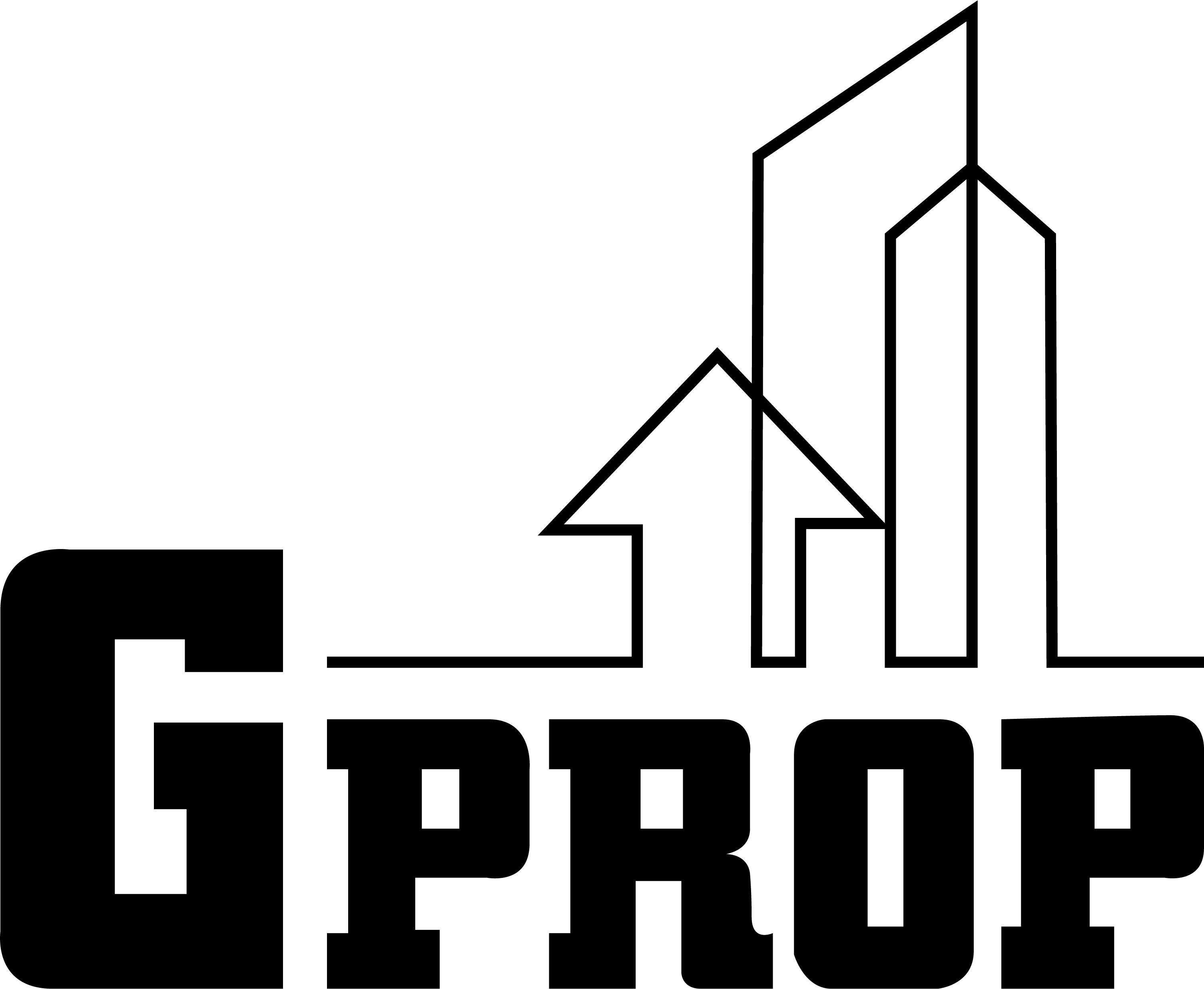The National House Buyers Association (HBA) expresses concern regarding the Program Residensi Rakyat (PRR), a new public housing scheme by the Ministry of Housing and Local Government (KPKT). Under this scheme, each PRR unit will reportedly cost RM300,000 to construct but will be sold at a discounted price of RM60,000, with a portion allocated for maintenance and sinking funds. The government plans a 10-year moratorium on selling these units.
While HBA appreciates efforts to address rising property prices, they argue against selling PRR units at a discounted rate, citing several concerns:
1. Financial Loss: With a construction cost of RM300,000 and a sale price of RM60,000, the government faces a significant loss of RM240,000 per unit, potentially amounting to millions for a typical development.
2. Potential Abuse: Buyers could profit substantially from these heavily subsidized units, potentially leading to abuse by syndicates or individuals seeking to capitalize on the discrepancy between construction cost and selling price.
3. Maintenance Culture: The allocation of funds for maintenance raises questions about the government's role in maintaining privately-owned properties and risks perpetuating a culture of neglect among residents.
4. Inter-generational Impact: While the scheme benefits current low-income groups, it may burden future generations if the government's financial resources are depleted, hindering its ability to support future housing initiatives.
HBA proposes an alternative approach where PRR units are rented out as transit homes, providing affordable accommodation while residents work to improve their economic circumstances. The government could offer skills training and job placement assistance to help residents secure better employment opportunities. Regular rental reviews would ensure that assistance is targeted towards those most in need.
HBA urges KPKT to reconsider the implementation of the PRR scheme to avoid financial strain on the government and ensure sustainable support for future generations of low-income individuals in accessing housing.











